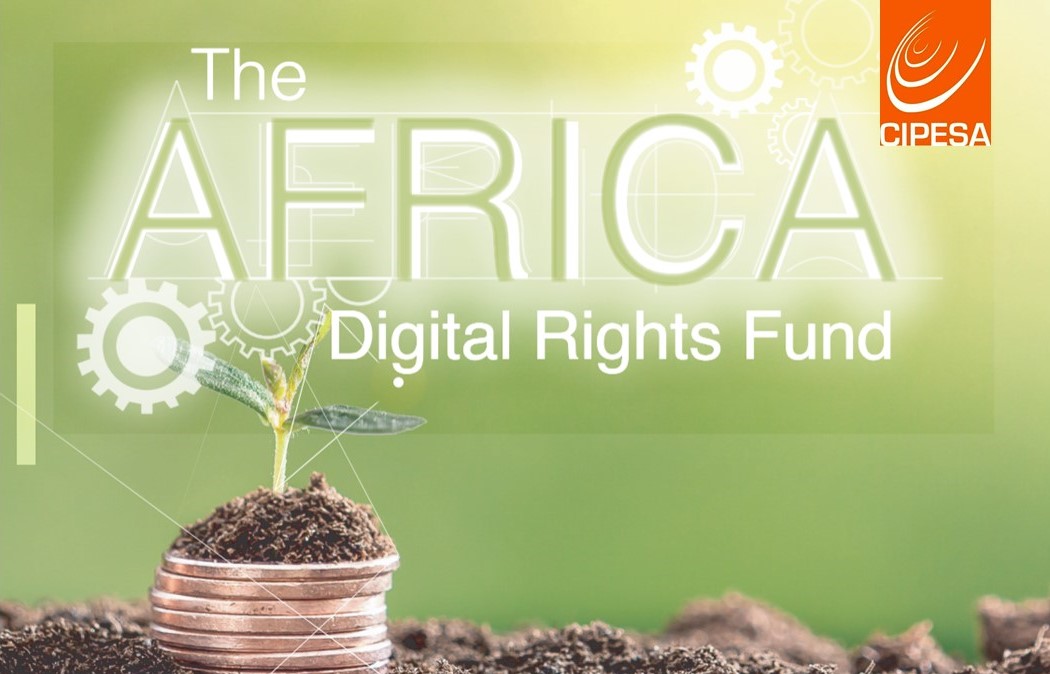Round three of ADRF is open to organisations based and/or operational in Africa and with interventions covering any country on the continent.
Grant size in round three shall range from US$1,000 to US$20,000. Cost sharing is strongly encouraged.
The activities that are eligible for funding are those that protect and advance digital rights. These may include but are not limited to research, advocacy, policy analysis, litigation, digital literacy and digital security skills building, and participating in digital rights legal and legislative processes.
The grant funding shall be for a period not exceeding 6 months.
The deadline for submissions is (always communicated)
- The Fund is open to organisations and coalitions working to advance digital rights in Africa. This includes but is not limited to human rights defenders, media, activists, think tanks, legal aid groups, and tech hubs. Entities working on women’s rights, or with youths, sexual minorities, refugees, and persons with disabilities are strongly encouraged to apply.
- The initiatives to be funded will preferably have formal registration in an African country, but in some circumstances organisations and coalitions that do not have formal registration may be considered. Such organisations need to show evidence that they are operational in a particular African country or countries.
- The activities to be funded must be in/on an African country or countries.
- The Fund shall not fund any activity that does not directly advance digital rights.
- The Fund will not support travel to attend conferences or workshops, except in exceptional circumstances where such travel is directly linked to an activity that is eligible.
- Reimbursements for costs that have already been incurred.
- The Fund shall not provide scholarships.
- Fund recipients are excluded from receiving more than one grant at a time.
The Fund is administered by the Collaboration on International ICT Policy for East and Southern Africa (CIPESA). An internal and external panel of experts will make decisions on beneficiaries based on the following criteria:
- If the proposed intervention fits within the Fund’s digital rights priorities.
- The relevance to the given context/country.
- Commitment and experience of the applicant in advancing digital rights.
- Potential impact of the intervention on digital rights policies or practices.

